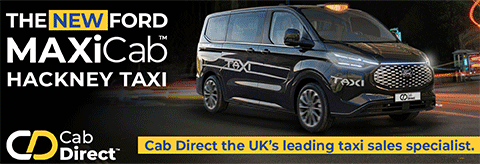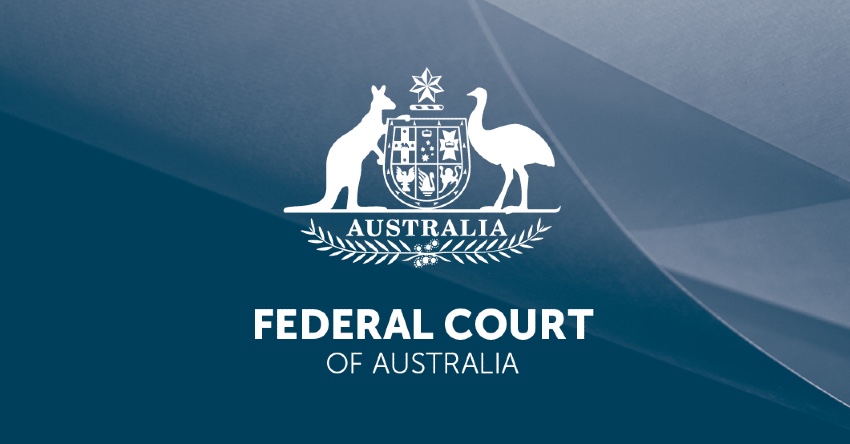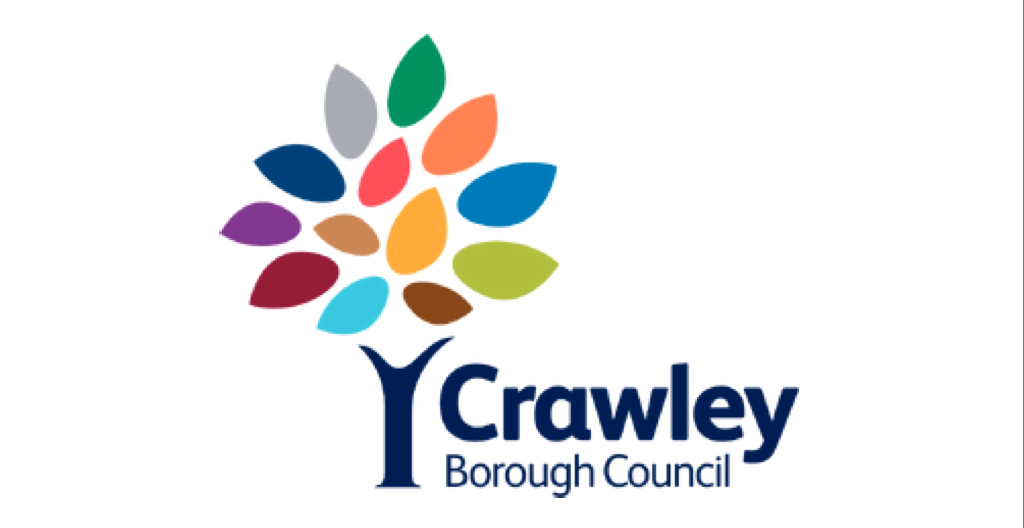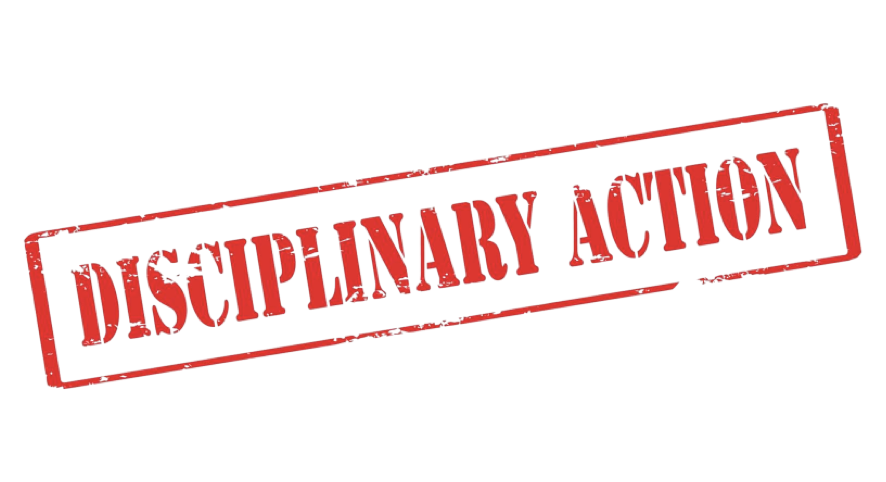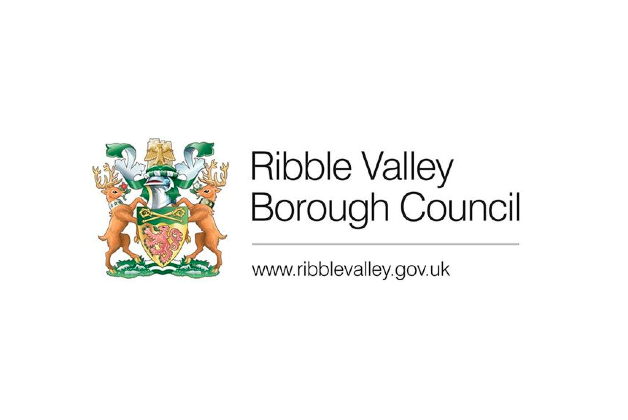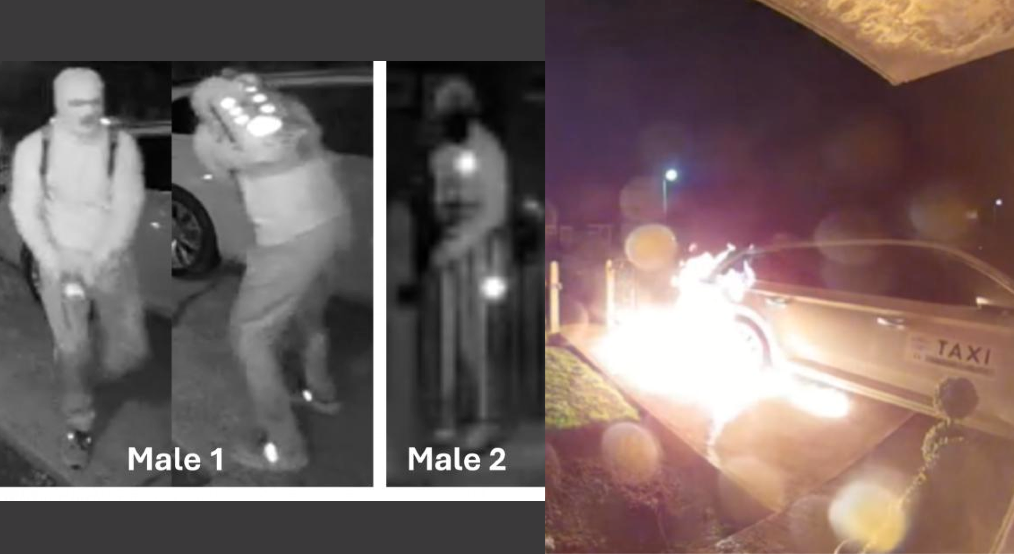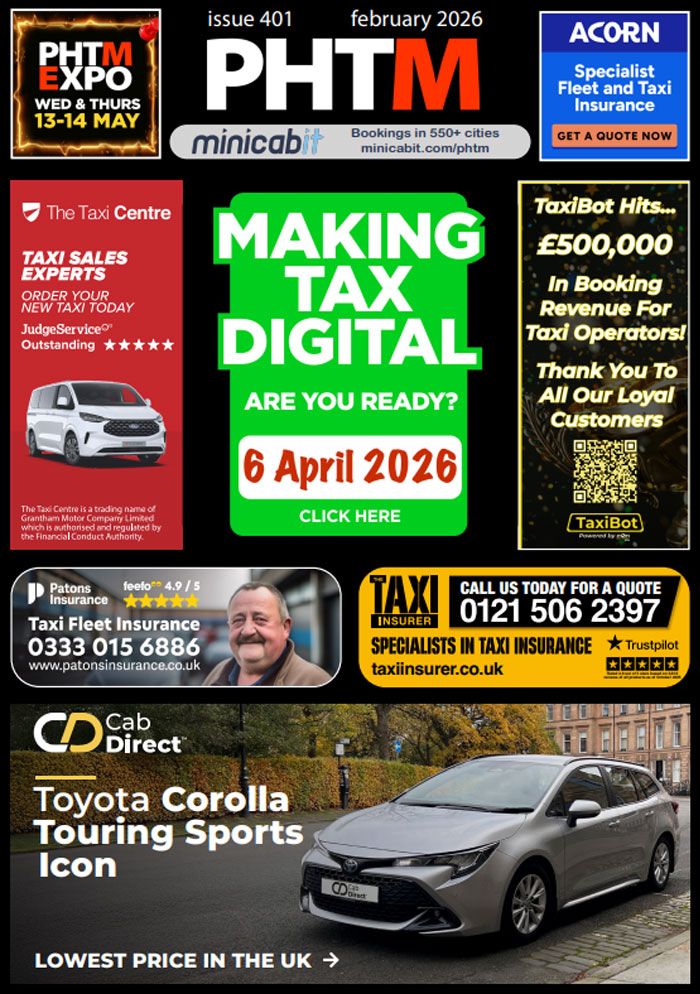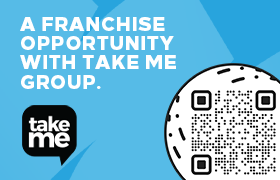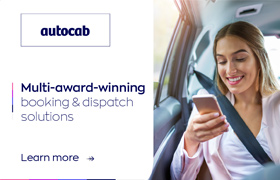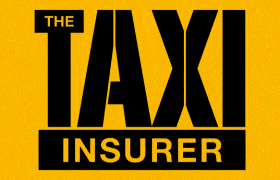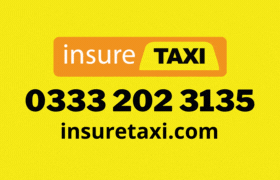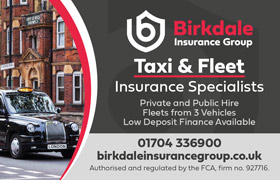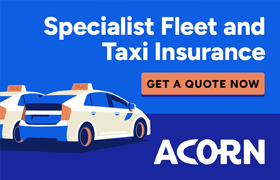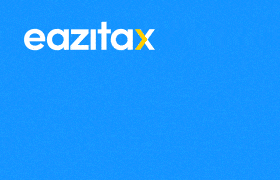Read another story
- TEIGNBRIDGE SET TO DECIDE ON 10 PER CENT HIKE FOR TAXI FARES
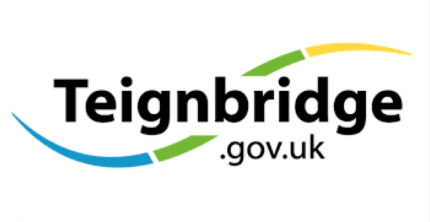
If the licensing committee approves the change, a standard five-mile daytime journey will climb to £15.62, rising from the current rate of £14.30.

- TWO IN CUSTODY FOLLOWING BRUTAL LATE NIGHT ATTACK ON NEWCASTLE CABBIE
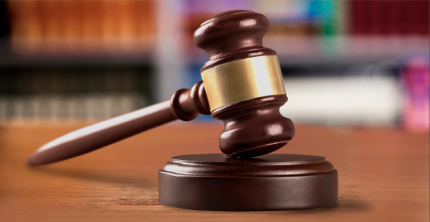
Stacey Lee Dodds, 36, and William Keith Allen, 46, were arrested after the driver was targeted for his cash takings in the Walker area during the early hours of Friday, January 30.

- POLICE HUNT FOR MAN AFTER HE DAMAGED BARNSLEY TAXI AND RACIALLY ABUSED THE DRIVER
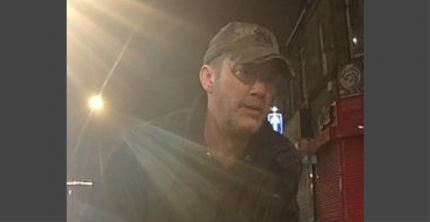
Officers are searching for a man who reportedly attacked a vehicle in the early hours of Saturday, 17 January, causing "extensive damage" while shouting racist slurs at the driver.

- GUERNSEY LAUNCHES SEARCH FOR NEW WHEELCHAIR ACCESSIBLE TAXI DRIVERS
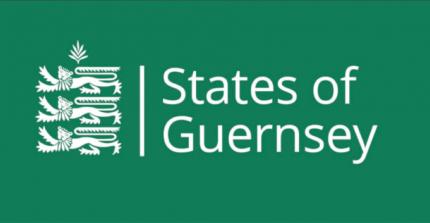
Driver & Vehicle Licensing (DVL) has opened applications for those interested in obtaining a specialised licence to help improve travel options for passengers with disabilities.

- 16 MONTHS IN JAIL FOR RACIST THUG WHO STAGED TERRIFYING MOCK BOMB COUNTDOWN IN LEEDS
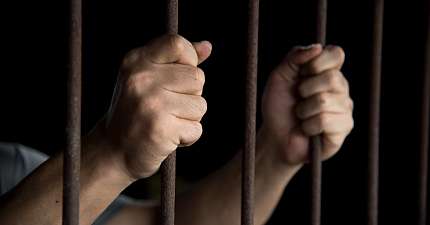
Aaran Barden, 33, of no fixed abode, carried out a series of vile attacks in Middleton last August, beginning with a taxi driver taking him to Middleton on August 12 last year.

- UBER'S BID FOR FIFE BOOKING HUB MET WITH FIERCE LOCAL BACKLASH FROM CABBIES
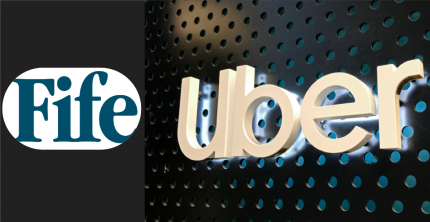
Local cabbies have hit out at Fife Council for keeping them in the dark, describing the lack of notice about the January 23 application as “extremely poor communication.”

- ROBOTAXI MISTAKES BUS ADVERT FOR PEDESTRIANS AS LONDON TRIALS LOOM
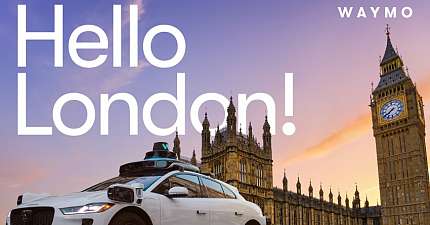
The revelation comes as the U.S. firm Waymo prepares to launch a robotaxi pilot in London this April, with plans to partner with Uber later in the year.

- SIX NATIONS FANS URGED TO PLAY FAIR WITH CABBIES AS THERE IS NO EXCUSE FOR ABUSE
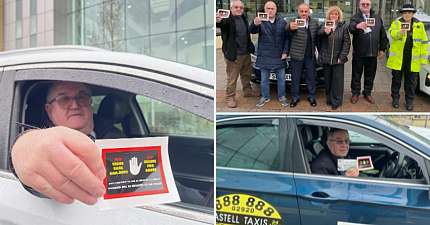
Caerphilly CB Council, Gwent Police, and local taxi firms have teamed up to ensure matchdays remain safe for both passengers and the drivers working hard to get them home.

- SABOTAGE AT THE RANK KINGSBRIDGE TAXI DRIVERS TARGETED WITH CARPET TACKS
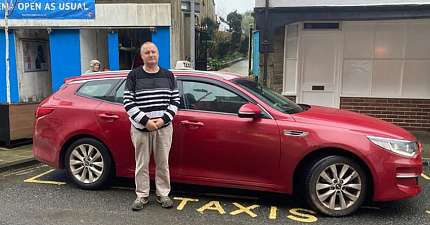
Over the weekend of February 7 and 8, carpet tacks were deliberately scattered across taxi bays at the bus station, causing a string of punctures for local firms.

- NEW PARTNERSHIP BETWEEN OCTOPUS AND FREENOW BY LYFT SLASHES CHARGING COSTS FOR CABBIES
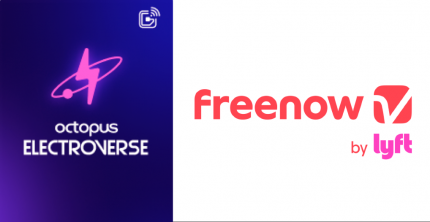
The partnership provides tens of thousands of drivers across 180 major cities including the UK and Ireland, with access to discounted public charging and a simplified system for finding power points.

- WEST MIDLANDS TAXI DRIVER HITS OUT AT COSTLY POTHOLE DAMAGE
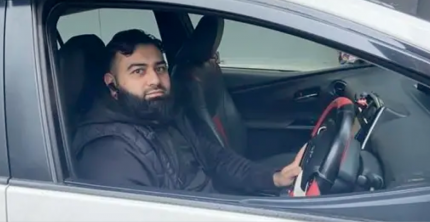
Mohammad Khan says the constant battle with potholes is making his job nearly impossible, explaining: "You try to avoid one pothole, you'll end up in another one and it's damaging the car. "

- ROYAL BOROUGH TAXI FARES SET TO RISE BY TEN PER CENT FOR DAY TARIFF
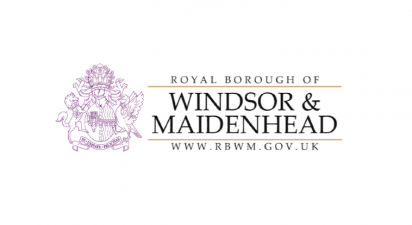
The decision follows a petition from drivers who asked for a 10 per cent increase to the daytime rate and a rise in the minimum fare from £6 to £7. Nighttime rates and bank holiday prices will remain the same.

- CCTV RELEASED FOLLOWING THREATS AND RACIST ABUSE OF WOMAN IN SHEFFIELD TAXI ROW

The investigation centres on an evening confrontation on Matilda Street that took place around 7:15 pm on Sunday, January 18.

- DNA MATCH LINKS LEEDS MAN TO RAPE AFTER VICTIM MISTOOK HIM FOR HER PRE BOOKED PHV DRIVER

Rashid Kwabena Boachie, 44, is now on trial facing charges of rape, attempted rape, and sexual assault.

- CARLISLE MAN DENIES GBH CHARGE FOLLOWING BOTTLE ATTACK ON CABBIE AT TAXI RANK

Derek Andrew Simpson faced Carlisle Magistrates’ Court on Monday, 9 February, where he pleaded not guilty to a single charge of unlawfully and maliciously causing grievous bodily harm.

- BOLTON CABBIE HANDED TWO MONTH BAN FOLLOWING PHONE CONVICTION
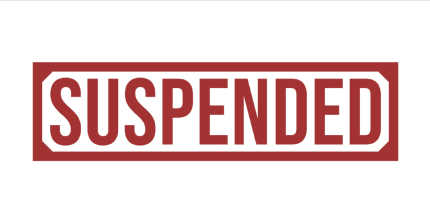
A Bolton private hire driver has had his licence suspended for eight weeks after council officials ruled he was not a "fit and proper person to hold a licence at this time."

- CEREDIGION TAXI DRIVERS PUSH FOR FARE HIKE TO COMBAT RISING COSTS
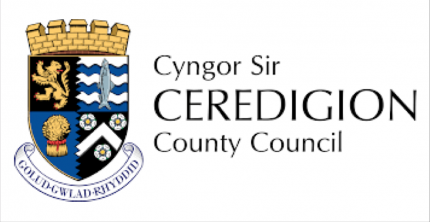
Ceredigion County Council’s Licensing Committee is set to meet on 12 February, to discuss a proposal that could see the cost of travel rise significantly for the first time since 2022.

- ROADWORKS NIGHTMARE: SOUTHAMPTON BUSINESSES FEAR CITY CENTRE IS BEING KILLED OFF
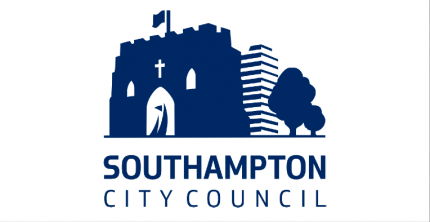
Fresh drainage surveys in Southampton City Centre, at a busy junction have sparked a backlash from traders and cabbies who say constant disruption is driving people away.

- BOGUS TAXI DRIVER JAILED FOR 15 MONTHS FOR ABDUCTING AND ASSAULTING NOTTINGHAM STUDENT
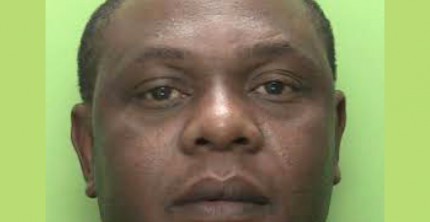
Kelvin Ndoro, 41, lured the victim into his car in Nottingham city centre in the early hours of the morning by offering her a lift home.

- DUBAI TO LAUNCH DRIVERLESS TAXI FLEET FOLLOWING CROWN PRINCES TEST RIDE
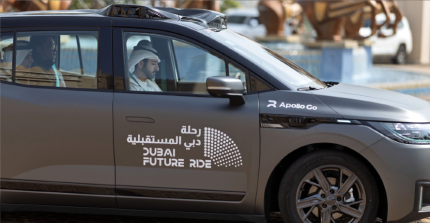
The initial phase will see 100 fully autonomous vehicles hit the roads, with plans to eventually expand the fleet to more than 1,000 taxis.


